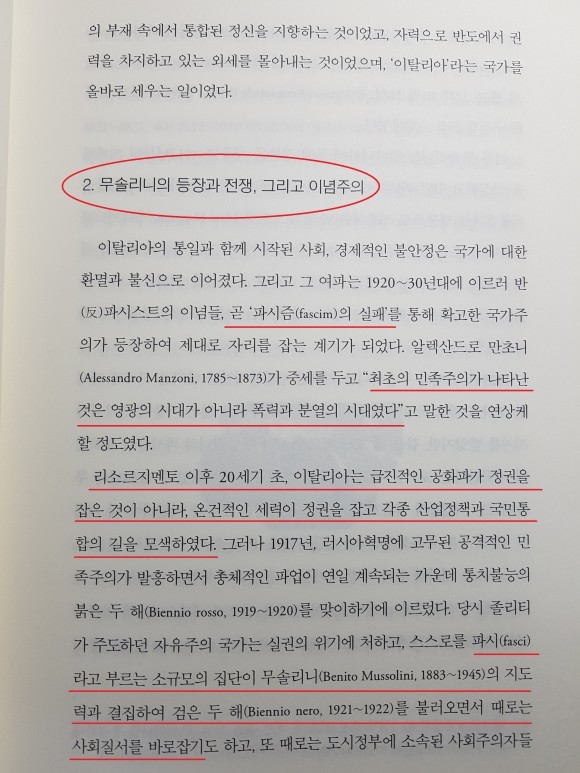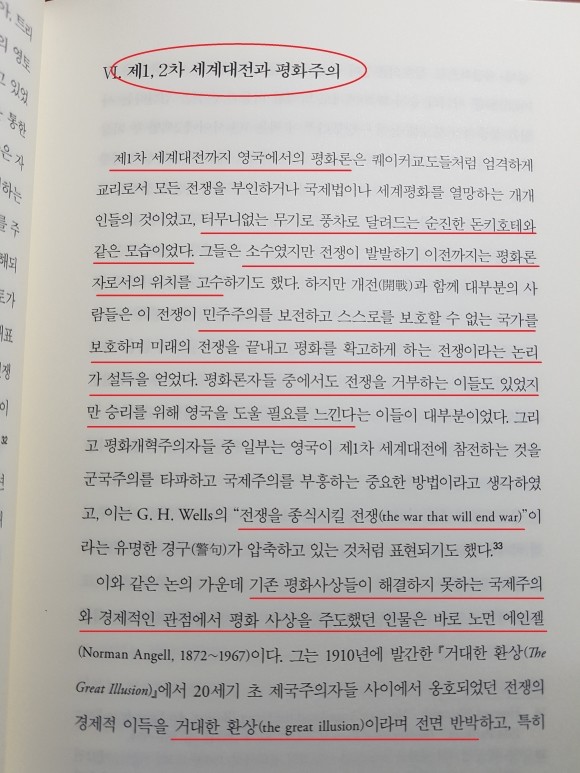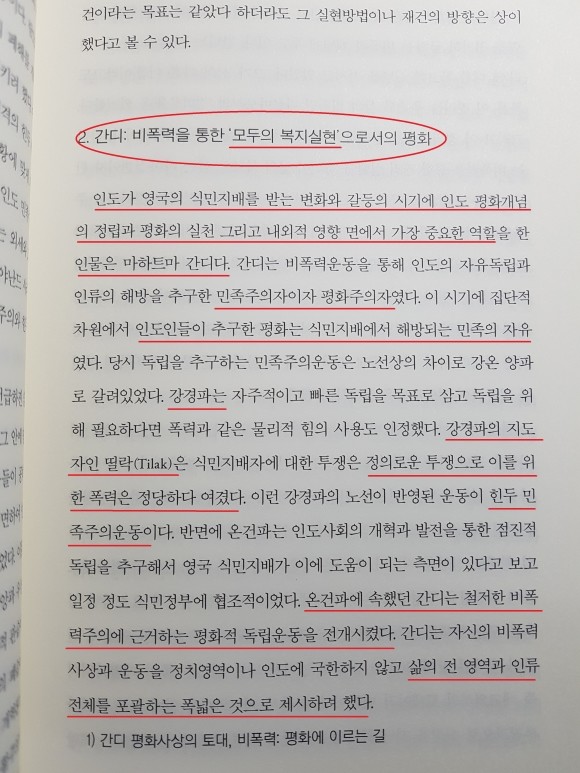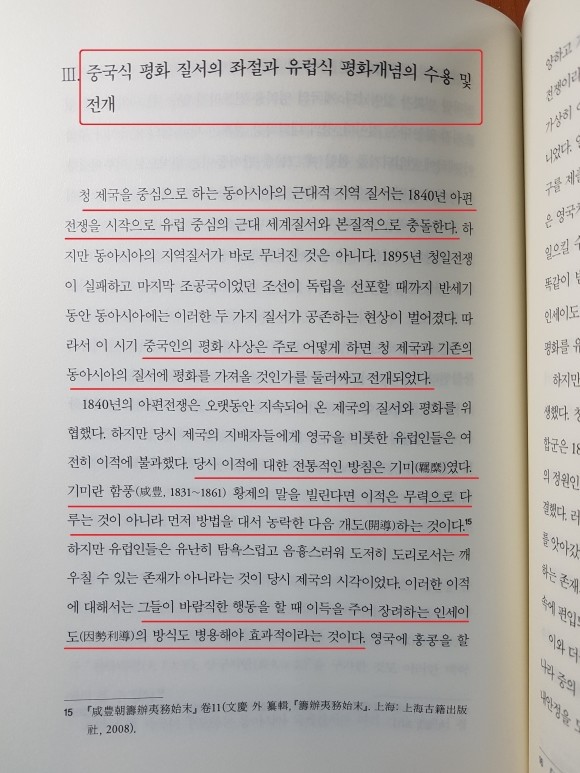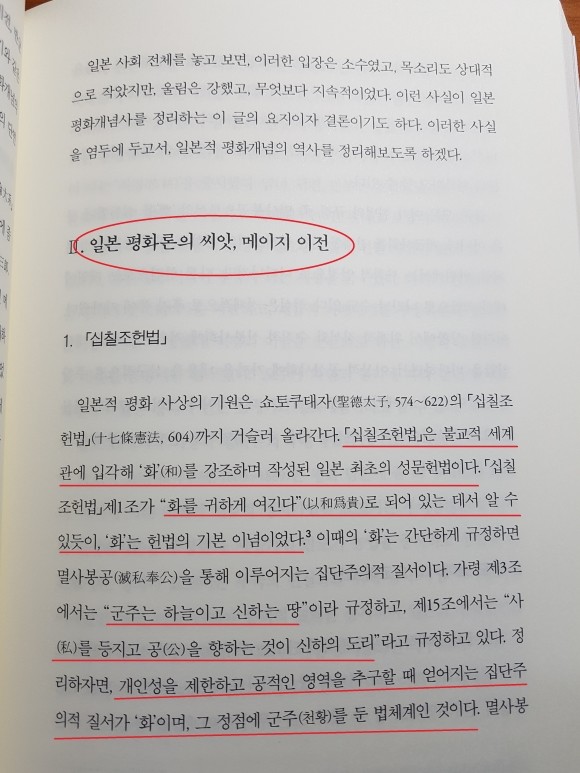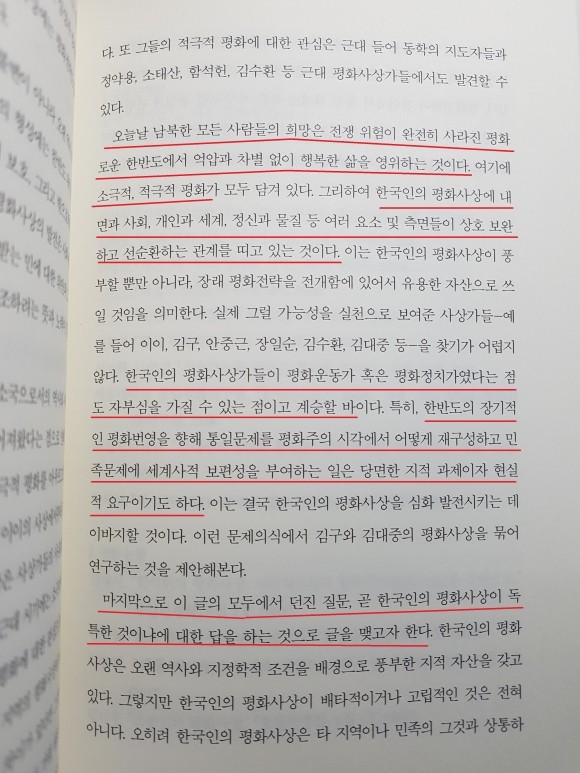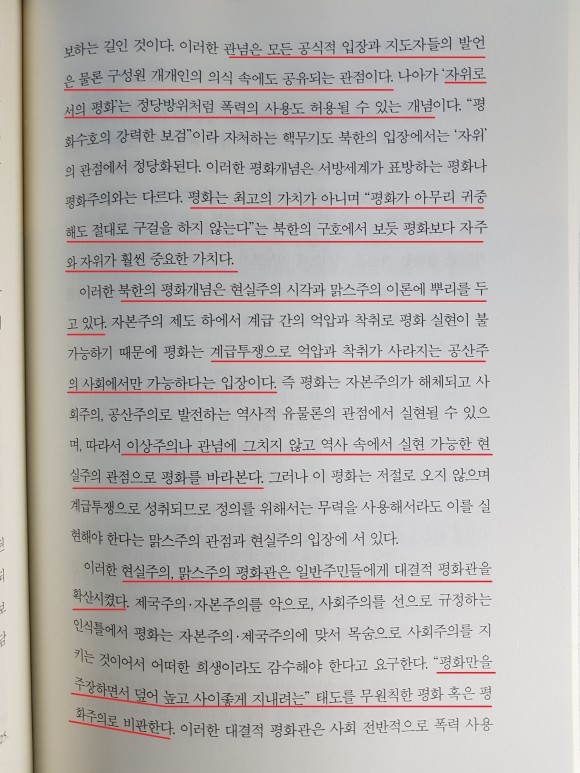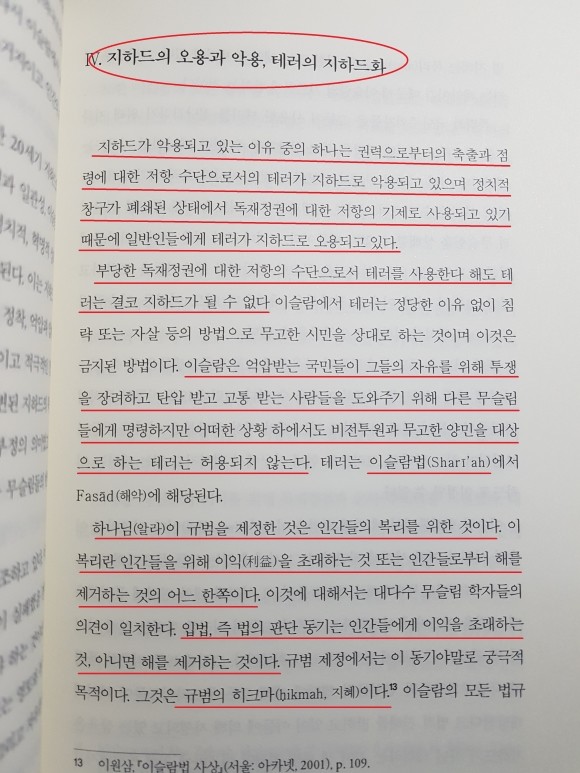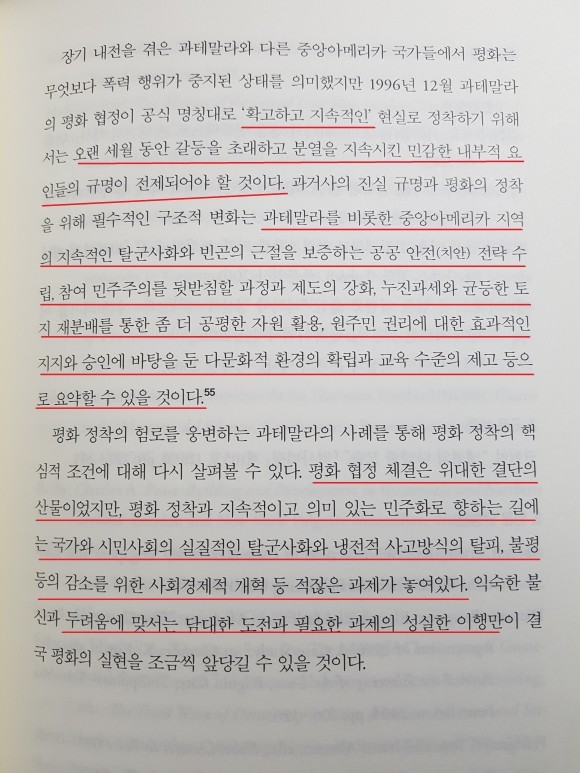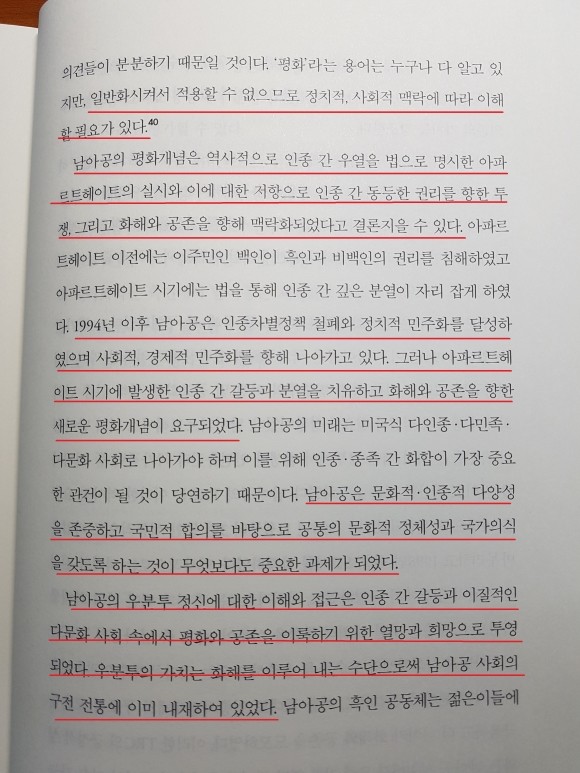Transcript
next speaker is Thomas Berkman from the oak tree foundation Oak Tree
Island Foundation in Sweden he is the author of the Nordic secret he's a
social entrepreneur and before that you were a banker actually I'm a reformed
investment banker very good so I'm Tomas will tell us about the Nordic secret how
to use inner development to build strong democracies looking forward to your talk Thomas thank you very much I'm very glad
to be here thank you for giving me the opportunity to speak so I will speak
also try to limit myself to 20 minutes and then we will have an opportunity for a few questions I will be speaking about
a book that I recently published
together with my Danish co-author Lena Andersson she is a Danish philosopher and writer and the book that we written
was out six months ago and it's called the Nordic secret so I will now tell you
what the Nordic secret is but before I do that I want to give you a cliffhanger
if you look at the cover so of course you see what is representing the Nordic
modernity the Swedish car industry and the Danish design you might be a little
bit surprised to see Goethe and Schiller up there the Nordic secret something
down there in the corner but the woman up there on the Left don't give an answer if you know this
woman who is she and what is she doing
on the cover of our books so keep that in mind and I will come back to that at
the end okay so yes you mentioned the the oak tree island that's what we call
it in English in Swedish is a credit you credit foundation and after I left
banking industry about ten years ago I set up the accredit foundation in
Stockholm we own this island we have a conference facility retreat center out
there and the foundation is really focusing on the interaction between
inner personal development and societal change so in the summer we have a lot of
youth camps out there and the rest of the year we do Invitational conferences
and we do retreats for adults and personal development and a lot of interesting stuff so before going into
the core of the book I just want to give you a little bit of a framing of the way
that we layer that I think so one thing we constantly read to remind
us I think is that we are really living in the Utopia of our grandparents on
conferences like this we tend to be very dystopian saying wow the world is falling apart but we we shouldn't forget
that that these poor guys here could actually have been my grandfather so
this picture is taken exactly 100 years ago in the U in the UK and my
grandfather was actually both my grandfather's were actually older than those guys a hundred years ago and what
what they were looking up as a utopia but we have that all today even in a
large part of the world which we shouldn't forget that at least 90% of
the people living on in the world today live in some sort of utopia of our
grandparents so I just want to say that first before putting on this picture
which is where we usually start and and and that is the picture of all the
troubles and we have heard many speakers today talk about the turbulence of our time talk about the turbulence of our
time but also talk about the transition that we are in and the times of
transformation and I believe just like Rica pointed out
just before me that all these different crises whether it is the environmental
crisis the crisis of hidden algorithms migration globalization brexit and Trump
I believe that these are all expressions of one underlying meta-crisis of our
time and this underlying meta-crisis of our time is our collective inability to
handle the increase in complexity in our world our collective inability to handle
the increase in complexity of our world and that could of course translate into what you call politics so individually
we are more or less equipped to handle their complexity I would say less equipped but at least we can do a lot
individually but collectively we are super bad after handling the complexity
so that that is really the challenge and that is of course because we have this
accelerating growth in technology that is causing a lot of complexity and we
have had an increase in technology ever
since I mean going back we start hearing them in the Middle Ages but if you go back here to the - more or less the
Stone Age of course we have had a technological development but that technological development mainly was so
slow and took place at least we could adjust between generations and that was
true even back to my grand parents I would say so like my grandparents they
were farmers just like their parents were farmers and their parents were farmers but perhaps their children moved
into the city and became factory workers so you could adjust to the technological
development between generations so we have gone from more or less a constant
technological environment to an environment of constant change and I
will not do it now but sometimes when I give a speech around that I ask the
audience think for yourself and discuss with your partner or the
person beside you and I you won't do that now but the question is how many
completely different and then I mean completely different worlds have you
lived in and usually people come up with
something like two or three if you are younger it even if you are sort of 25 it's probably at least two or three
different worlds and and for me it's definitely four completely different worlds so we have now to reinvent both
ourselves and our organizations more or less completely perhaps every 10 years and this is just accelerating so it will
be every five years and then every second year and then every year so how how shall we be able to to handle this
so this is completely new in the time of history the first time humankind faces
this problem two other problems that are also completely new relating to this graph is that we've been living in a
world of scarcity in a scale in a scarce resources in the world of competition
and now hopefully we could move into a world of abundance with the industrial
automation and artificial intelligence robotics and all of that problem is just
that our mind was the brain was developed in a world of scarcity but
also our institutions and our societal systems are developed in a world of
scarcity so for example the market for the market to work you need to have a
scarcity of products and you need to have a scarcity of labor and then you
can have supply and demand to meet but in a world where you have products in abundance and as we know the margin of
production cost of most things not just virtual reality and games almost most things go towards zero so in a world
where you have an abundance of products and an abundance of labor not a shortage
of labor then the market will not any longer function as an allocation mechanism so then we will have a lot of
lot of goods but we have no way to divide it and
that's for the first time first time that we would be able to work move into a world of abundance and then finally
we've been living in a condition that many a very mentally describe today as
an empty planet we humans did not have a huge impact so again in our in our brain
and our mind we've been living in a world where we in the Stone Age could go out and take as much resource if we
wanted from the world we could use them in our cave and and whatever rubbish we had we could just throw it outside the
cave and that didn't have a huge impact whereas now for the first time we have
we living in a full planet we are already consuming one and a half planet and soon we are consuming three planets
our brain was developed in this world and now we have to live with the brain
same brain in this world luckily we do not only have the brain we also have the
mind and we have society or culture that can help us and the solution is not as
some in Silicon Valley say that we need to make an implant in our brain to to live here I don't think we should do
that I think the solution is in our mind and in our culture in in society I
actually think that what we need to do is that we need to reinvent the societal
cultural software that we have and we have done that many times throughout
history and we need to do it now again and our book is really about these
paradigm shifts and how we as humanity have gone through many paradigm shifts
shifting the way we see the world going from an old paradigm say the medieval
paradigm that goes up has a high point at some point and then you have
technological innovations you have the printing press you're going to term a
time of turbulence French Revolution and Napoleonic Wars and then something new
is born and what was born here was of course modernity and the Scandinavian countries
manage this transition from the pre-modern society into modernity
extremely well I would say there are no other examples in Europe or elsewhere in the world where we did where this
transition was handled so so easily and so smoothly and we will come back to that and of course now again we are in a
similar paradigm shift and now of course the old paradigm is modernity which had
his high point in Scandinavia in the 60 70s and now it was not the printing
press but it was things like the internet that sort of this started to disrupt this paradigm and we have all
these sort of crisis that came out of that and the question is how can we
transform into some sort of a new emerging paradigm so if if that is the
broad framing of our book then the story we tell in our book is something like
this we know from from many sources that
the position of the Scandinavian countries are quite extreme and we try
to trace the sources to this and of course there are many explanations and
we do not claim that our contribution here it is a is anyway unique but we
think that we have discovered one aspect that is mainly forgotten in the
explanation why the Nordic countries are quite unique today and to understand
that we need to go back to go back a
hundred and fifty years ago and realise that a hundred and fifty years ago again
a little bit before my grandparents all the Scandinavian countries were actually dirt poor they were dirt poor
they were agrarian societies and they were non democratic
if you did not believe in God back then you were put in prison okay we didn't have any sort of freedom of speech or or
anything and that's 150 years ago Sweden was so poor and we were starving and
having miserable living conditions so that actually 20% of the working
population in Sweden at the second half of the 19th century emigrated to the
u.s. 20% of the of the working population and then just a few decades
later even before the Second World War we had transitioned into being rich
happy industrialized stable democracies
so so how did this happen in in times of
turbulence and rapid societal change we
all get anxious we can be afraid we can be worried we talked about that this
morning there can be a lot of feelings and if we are not able to hold all of
those feelings it's very easy for us and it's a natural tendency we all tend to do that and that is to turn to an
external Authority something outside of us something of someone outside us that
can help us hold this that that can protect us and that we can put our trust
in it could be a religion it could be an authoritarian leader we did it back then
and we are doing it the same today but
150 years ago in in Nordic countries we had some extraordinary visionary
political leaders and intellectuals and they
did not want to promote religion or authoritarianism they were deeply
committed to building democracy and they knew that the only way to build stable democracies were to build them from
bottom up and for that purpose and to
enable and empower a large part of the population to be able to be active
co-creators of democracy to be active co-creators bottom-up of democracy they
all overs all over the Nordic countries established retreat centers for in the
growth yeah you heard me right
they established retreat centers for in their growth and this was a massive
thing and nobody knows about this today it's it started in Denmark in the 1860s
moved to Norway and then to Sweden and then over the next couple of decades
grow rapidly so that at the turn of the
last century there were actually 100 retreat centers in Denmark 75 in Norway
and 150 in Sweden at these retreat
centers young adults having worked a couple of years being in their early
twenties mainly from the working of farming part of the population could
spend up to six months at these retreats free of charge because they were
state-funded but they were not state-run or organized that's part of the beauty of of the concept they were state funded
but not state-run they could spend six months at these retreats with the
expressed aim of not being politically indoctrinated but being there to find
themselves
imagine hundred and fifty places like this in Sweden where you could stay for six months free of charge just to sort
of find yourself and find your inner compass find your inner compass and find
yourself to be able to resist the sirens calls of authoritarianism or fundamental
religion or or whatever and to really be able to be gets so stable inside that
you can handle this complex transition that these politicians knew that their
society was just going through when this program was at its height almost exactly
100 years ago from now 10% of each
generation of young adults in Scandinavia went through these six
months retreats 10% imagine what an army
of developped co-creators enabled empowered people you have out there you
reach a tipping point so part part from
finding your inner compass these retreats also gave you the latest technological developments when it came
to crafts and farming it gave you a sense of your place in culture and
history and it also gave you basic tool to organize civic activism and movements
so where did these ideas these radical
ideas even for our time radical ideas come from well they came from here they
came from Germany they came from Germany so they came from the German idealist
philosophers and these philosophers they they were read by all the intellectuals
in in Sweden and in the rest of the Nordic countries back then and back then thankfully most
politicians were actually intellectuals believe that or not and they read Gertie
and Schuyler and they they read from Humboldt and they read head there and and and all of these philosophers and of
course German was the first academic language in in Scandinavia back then and
these philosophers they had all reacted against the Enlightenment view of our
mind as a rational machine ok they said that's not the case our mind is not a
machine they say that our mind is an open self-organizing they almost use
that world but they said it was still it it was a developing organic system and
the lifelong development it was a development developing system under
lifelong development and it is our mind is not just in our brain it's in
embodied in the totality of our bodies and it's embedded in culture so that's
what they they said and this is exactly what today developmental psychology
neuroscience and even behavioral economics tells us tells us that these
ideas of the rational rational man or Homo economicus that they are deeply
flawed and they knew it and they wrote about this so these ideas of a
developing mind and I don't know how I'm doing for time now can I take an example how much okay so at I used camps I was I
was a leader at one of our youth camps a couple of years ago and I overheard a conversation there between a young girl
participant and a leader who was just a few years older than than she she complained about how much
how many have stressed out she was by all the things she wanted to do she
wanted to hang out with friends do sports social media and all of those
things that that many young people and also we are adults we want to do today
and we are all full of that and she was so stressed out by by this and this guy
who was just a few years older than she asked a few open probing questions to her and then all of a sudden she said
now I see I don't have to do all the
things I want to do so something in her had shifted so then for the first time
she was able to actually take her will that somehow previously she had been
identifying with and thought that that was just herself and take it out and look at her will and relate to it and
say okay this is what I want but then I don't need have to do what I want
so she could take the will as an object for a reflection and then her mind her
awareness or in their awareness had shifted she had experienced inner growth
and this is exactly the sort of growth that goethe and schiller was talking about and that we can also later in life
experience that as adults where we can all of a sudden sort of step back from
the values and the opinion of our peer groups and form our own opinion and find
this sort of inner compass and become inner-directed and it was this in the directed becoming
in the directed that goethe and schiller and the other philosophers were thinking about back then because they were
writing immediately after the French Revolution and their explanation why the French Revolution had turned out into a
bloodbath and war was that not enough people were in a directed so for any substantial
political shift in the future you needed to have a substantial part of the
population having found themselves and to become inner-directed and this is what we picked up in scan
Maivia so why did this not happen here in Germany because of this in 1848 if I
remember correct you had a number of revolutions here in Germany and Berlin
was actually the government lost control over Berlin for three days it was in the hands of the working population or in
the revolutionaries of what you would would call them so after that these revolutions had been forcefully put down
nobody in any responsible position here in Germany dared to implement these
ideas so instead as we've seen these ideas traveled to Scandinavia and were
there implemented on on a grand scale and this is really what we call the
Nordic secret because today nobody even in Sweden knows about this and the
reason why we do not know about this is that after the Second World War
these retreat centers and we call them Falk high schools lost their focus on
personnel in the transformation and societal change they now turn into just
adult education centers and that was because we reverted back to the old view
of our mind as a rational decision machine to the Homo economicus picture
of our mind and democracy was more or less taken for granted so the centre
still receive a lot of funding but are not at all used for this and that is
what we're developing the book as the Nordic secret and we believe that to
transition now again into a new society we need to do exactly the same thing again we need to change our view of our
mind go away from the old rational machine thinking and develop a picture
of growing constantly growing mind and tend to that on a large scale so before ending I will
go back to the cliffhanger so who is she
sorry yeah you were right I heard somebody it is Rosa Parks who was Rosa
Parks yes and she was a central part of
this the civil rights movement in in the u.s. in in that respect okay so why do we have her on on on the cover because
these ideas of radical human empowerment actually later on travel in the
footsteps of the Nordic immigrants to the US and for retreat centers like this
were created in the US and Rosa Parks has in many interviews said that what
gave her the inner strength to know that even if the laws of her society said
that she should give her purse eat her in the compass said that she should remain that was the fact that she had
spent six months at the North on Falk High School in Tennessee where all so
Martin Luther King sometimes was a teacher okay so thank you very much thank you
[Applause]
thank you so much Thomas for your focus also an inner growth and I think this
really complements what we've been discussing the whole day thank you so much we have time for one short question
in the tradition of before and this time it will not be if he wants to be
president do you good yes question we have a microphone coming
thank you very much for this idea and for this history for this missing gap
also here in Germany the idea of the retreat's and fascinating perspective
and can you go a little bit more details for the next is the the mind shift what
you pointed out what is coming and the rule of them the retreat centers ok so
that's really two different questions and in the last part of the book and I
could say that if any of you won't want to have a copy of the book if you contact me on LinkedIn or send me an
email or give me your business cards I will make sure that you can get a book a copy of the Nordic secret in the last
part of the book we are speculating about how could this help us today to
make the equally or perhaps even greater societal transition that is now facing
us and today of course we have different things I still think that the personal meeting the authentic meeting with other
people and and the opening up and and the discussion and the dialogue is super important for human growth but I also
think that we could actually use technology we could use technology to
support this so we need to take the ideas from back then have a mindset that
again recognizes lifelong human growth recognizing that we are not ready
developed we are not ready developed anytime that we are on a constant and that that growth can be facilitated
unless you just say on the mind shift I think this is one part of the mind shift that we need to develop a new paradigm
it is realizing inner growth and the importance of that but other things are things like the fact that we are not
those isolated individuals that the enlightenment philosophers and the economic theory today wants us to
believe that we are much much more interconnected in many many ways that
culture things like the market we just
thought of that this morning and and at another presentation that many things
that we take for granted in our culture is actually just social constructs they are just games that we have created if
that would become sort of general understanding was the general public that would be very very good and then
finally I think that we need to go from a world where we've been so focused on
material growth and again for my grandparents that was the main focus but we live now in a world by more material
growth will not make us more happy and then our focus will shift towards
community to meaning and to purpose so I think purpose will be the scarce
resource in the next paradigm thank you so much we have a lost and really lost
and short question by Ricky okay rich the two presentations yeah but she'll
agree to well all about the Republic can't already wrote in 792 all
polities political entities should be constituted as a republic and the sense of Republic is basically what you're
talking about which is a community beyond economic efficiency yeah right so there is a linkage between this inner
strengths and the sort of Republican notion is meant by the writings yeah and
I must I must comment on that and you're absolutely right and the important thing is of course that these philosophers
they all started with count Kant was the one that that discovered sort of that our mind was not a trivial thing it was
complicated but interestingly also then Kant points out that what is enlightenment he's view
of enlightenment and that what was that humanity was coming of age and by that
he meant that in order to handle the democracy and the Republic we needed to
be in the directed because if we were just doing everything else what everybody else was doing then we have no
evolution so we need to sort of free our minds from the contemporary pressure or
of the social norms and find the norms within ourselves and by that be active
co-creators of the world that we create together thank you beautiful thank you
so much German books for you thank you
so much now everybody is getting a bit tense because the minister is soon arriving but before that we'll take the
time and share with our two neighbors people sitting next to us what has
inspired us this day what we have learned what is the thing which sticks
to you after these two days please take a moment with your two neighbors and
discuss this and after that I'll collect some voices from you















 ">남금란 목사
">남금란 목사


